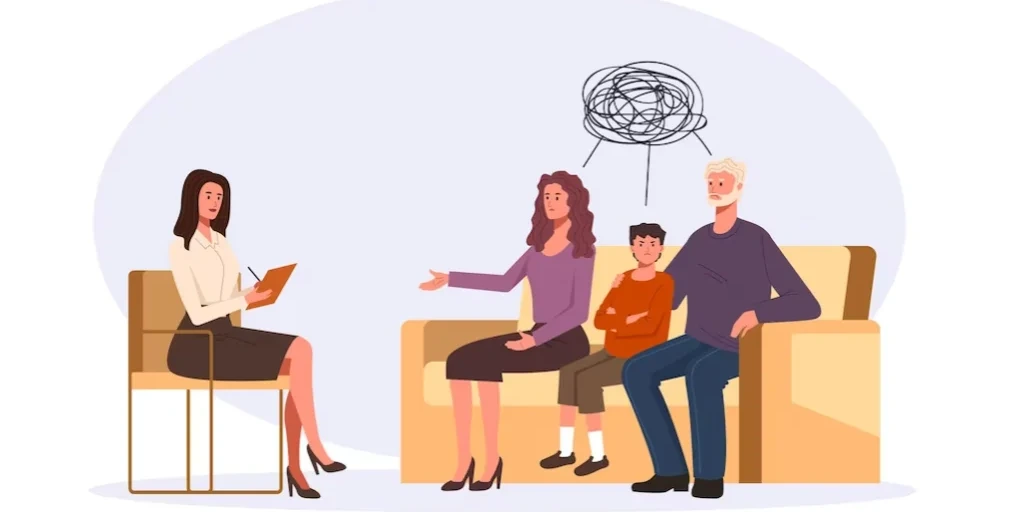24/7 Helpline:
(866) 899-221924/7 Helpline:
(866) 899-2219
Learn more about Depression Treatment centers in Camilla
Depression Treatment in Other Cities

Other Insurance Options

Sliding scale payment assistance

AllWell

State Farm

Choice Care Network

Self-pay options

Health Choice

Sutter

Optum
Beacon

Optima

UMR

CareFirst

Group Health Incorporated

American Behavioral

PHCS Network

WellPoint

Private insurance

Amerigroup

Ceridian

Excellus

SBZ Services Unlimited
SBZ Services Unlimited is a private rehab located in Camilla, Georgia. SBZ Services Unlimited specia...


































